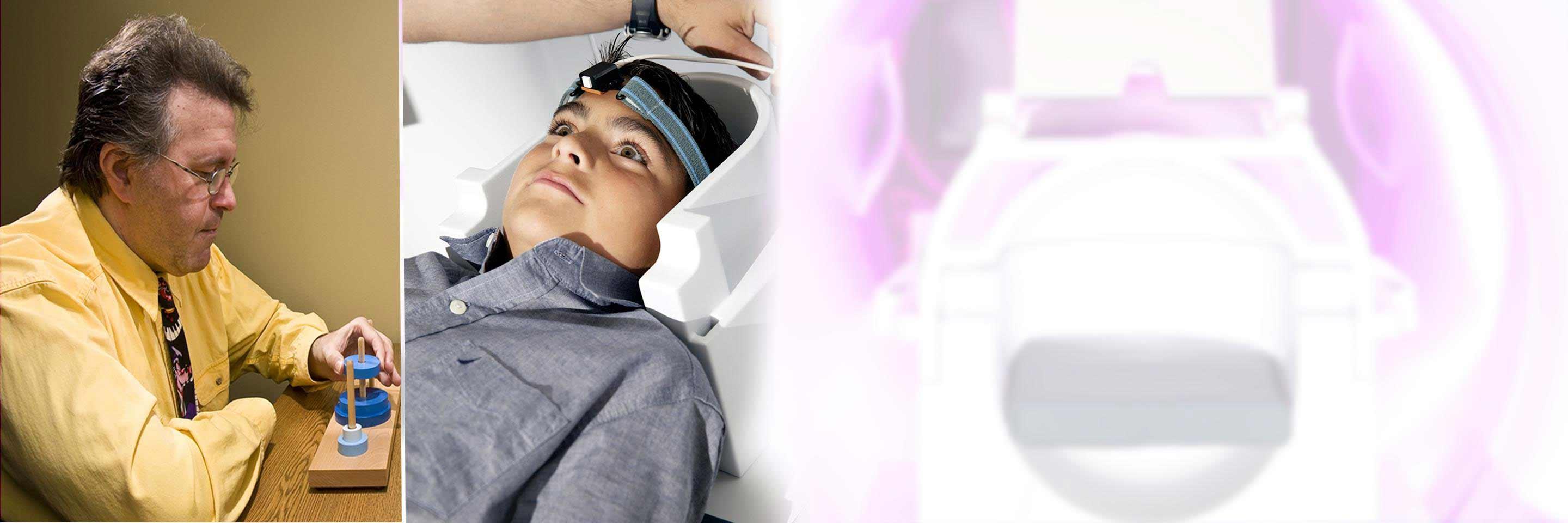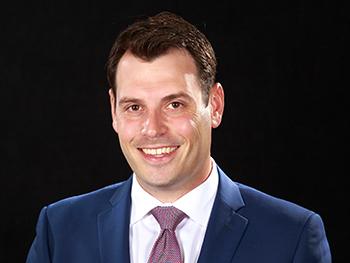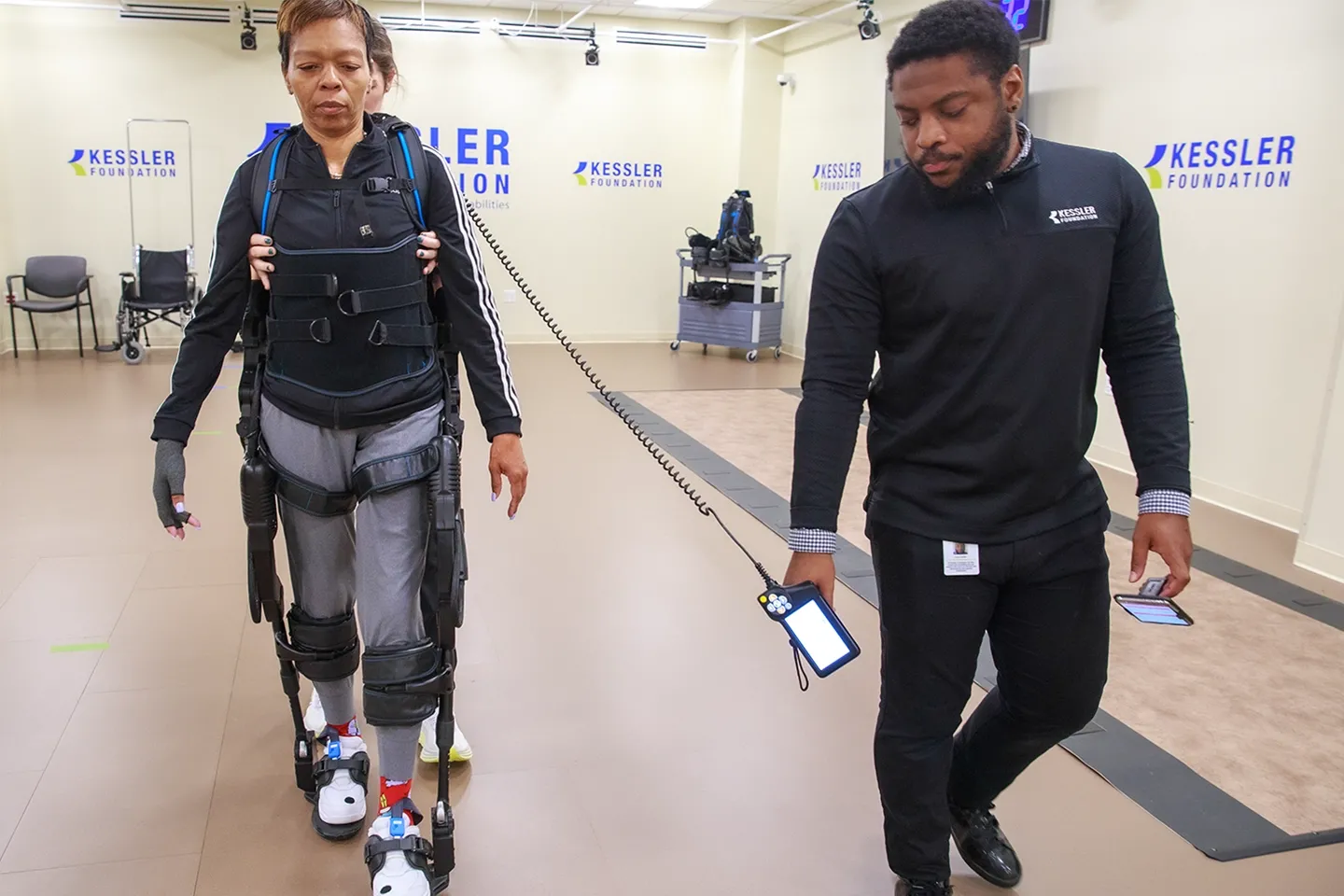
Center for Neuropsychology and Neuroscience Research
Improving Function through Cognitive Rehabilitation Research
Cognitive impairments affect the daily lives of older adults and persons with multiple sclerosis, brain injury, autism, spinal cord injury, and other neurological conditions. Finding new ways to improve learning, memory, fatigue and social cognition helps individuals of all ages maintain their productivity at home, in school and at work, and in the community.
Center Leadership
Center Leadership
-

-

-

Assistant Director, Wellness Research
Center for Neuropsychology and Neuroscience Research
Laboratory Leadership
Laboratory Leadership
VIDEO: Meg Balter, who has multiple sclerosis (MS), participates in cognitive research studies at Kessler Foundation. Meg encourages others to volunteer for clinical trials aimed at improving the lives of persons with MS.
Developing New Treatments for Multiple Sclerosis
Multiple sclerosis, the most common neurological disease among adults of working age, causes cognitive, as well as physical, disabilities that can limit their ability to engage in family and social activities and employment. Researchers conduct groundbreaking research aimed at improving quality of life for individuals with multiple sclerosis by treating the disabling, but under recognized problems of declines in learning and memory, deficits in emotional processing, and cognitive fatigue.

Treating Age-related Cognitive Decline
Age-associated cognitive impairment affects approximately 40% of people 65 and older in the United States. Developing effective treatments have the potential to improve function and quality of life for older adults. Researchers are testing the modified Story Memory Technique (mSMT) in the aging population, comparing the benefits of this technique in healthy older adults with older adults with mild cognitive impairment. The mSMT was developed at the Foundation, and found to be effective in treating memory deficits in multiple sclerosis and traumatic brain injury.

Applying Advances to Children with Disabilities
Center research findings are being applied to the study of children and adolescents with autism, brain injury, and attention deficit hyperactivity disorder. Studies incorporating the latest neuroimaging techniques and new technologies are expanding our basic understanding of brain activity patterns and behavior in these conditions, and leading the way to new treatment options that improve learning, behavior, and quality of life.
Multimedia

Join a Research Study Today


